Ken Westbury
Nacimiento : , London, England, UK
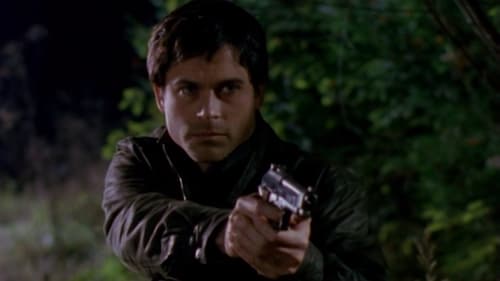
Cinematography
British soldiers force a recently captured IRA terrorist to cooperate with them and then assign him to go undercover with a gang of terrorists and prevent them from killing the U.S. President. But the spy isn't in long before he realizes that the first plot is but a ruse for a more sinister scheme that could result in trouble between China and Great Britain.
- Written by Ørnås
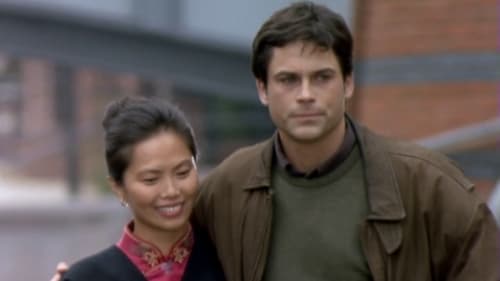
Cinematography
Vusi Madlazi returns to the South African village he left as a young boy (he was organizing against apartheid, and left in fear of his life) to bury his father. He meets up with his brother Ernest, who tells him their other brother Stephen couldn't be contacted. Vusi goes to Johannesburg to find him, but at first can only find his neighbor/girlfriend, Karin, a stripper. Vusi proceeds to learn how conditions have changed since the end of apartheid, not always for the better for black men.

Director of Photography
In the 1830's in northern England, Riah Millican, a widow with three children, takes a job as housekeeper to a reclusive former teacher, Percival Miller. Miller makes Riah the gift of a black velvet gown, and even educates her children. But when Riah discovers the reason behind Miller's gifts, she vows to leave his house, but Miller has a hold on her, even after his death, when he leaves his house to her on the condition that she never marry. Riah's daughter, Biddy, grows up and becomes a laundress in a large house where her education keeps her from fitting in and makes her a target. But it also catches the eye of a son of the house, and with Miller's legacies, Biddy may yet find her way to happiness.

Director of Photography
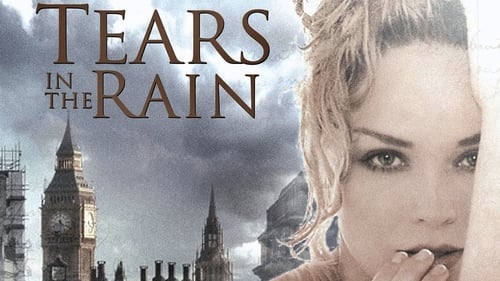
Cinematography
La madre de Casey Cantrell (Sharon Stone), poco antes de morir, le pide a su hija que le entregue personalmente una carta a Lord Richard Bredon (Paul Daneman). Cuando Casey entrega la carta conoce a Lord Bredon y a su hijo Michael (Christopher Cazenove), de quien se enamora perdidamente. Sin embargo, las explicaciones que recibe Lord Bredon sobre las relaciones que tuvo con su madre no la convencen, por lo que comienza a investigar su pasado, encontrándose con la terrible posibilidad de que Michael sea en realidad su hermanastro.
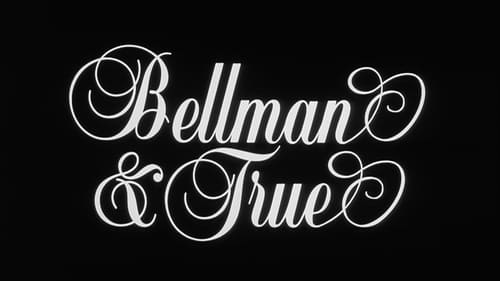
Cinematography
Hiller, un experto en informática, fue sobornado por un grupo de ladrones de bancos para obtener detalles del sistema de seguridad en un banco de nueva construcción. Una vez dada toda la información, pensó que ya no vería más los ladrones. Pero le han rastreado a él y su a hijo en Londres. Retienen al hijo como rehén y le obligan a descifrar la información sobre la alarma y lparticipar en el robo.
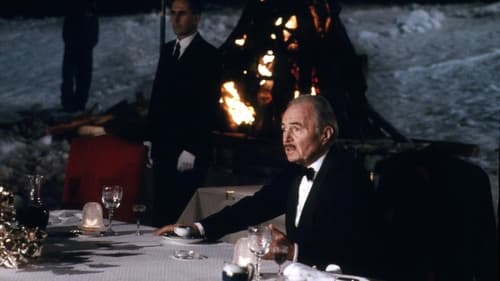
Cinematography
Dr. Fischer has an unusual hobby — to expose human greed. How much humiliation will his fellow man endure enticed by valuable presents? Dignity for money! Death for money?
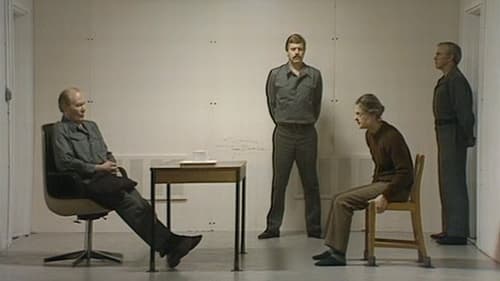
Cinematography
Soldiers are captured and interrogated by terrorists: but is it real or only a sadistic form of psychological training exercise?

Camera Operator
From BBC2 Playhouse's The Mind Beyond series. Professor Reeve wonders about strange events that seem to be connected to Stonehenge (Source: BBC).

Director of Photography
TV Movie directed by Alan Bridges

Cinematography
A young local girl is murdered by a mentally disturbed youth, but the villagers blame a stranger, an Italian traveling showman and his bear, rather than see the rot in their own camp.

Cinematography
Ken Russell's silent film treatment of the 19th century comic novel by the Brothers Grossmith - George and Weedon. Starring Bryan Pringle, Avril Elgar and Murray Melvin. Adapted by Ken Russell and John McGrath. First shown on BBC2 at 10.10pm on Saturday 12th December 1964 - as part of the 'Six' strand.
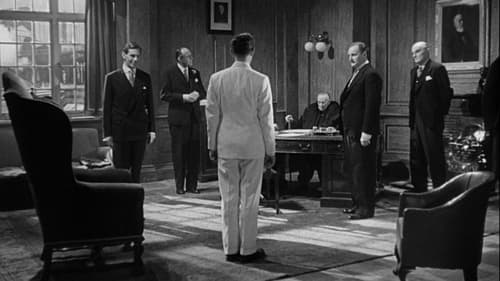
Assistant Camera
Sydney Stratton (Alec Guinness) es un joven investigador que, tras arduos esfuerzos, consigue inventar un tejido tan revolucionario que no se puede romper ni manchar. Sin embargo, a la alegría inicial pronto le sigue la decepción, pues tanto los empresarios como los trabajadores de la industria textil llegan a un acuerdo para impedir la fabricación y difusión del nuevo tejido. La razón es obvia: los primeros temen la ruina de sus empresas y los segundos la pérdida de sus puestos de trabajo.










